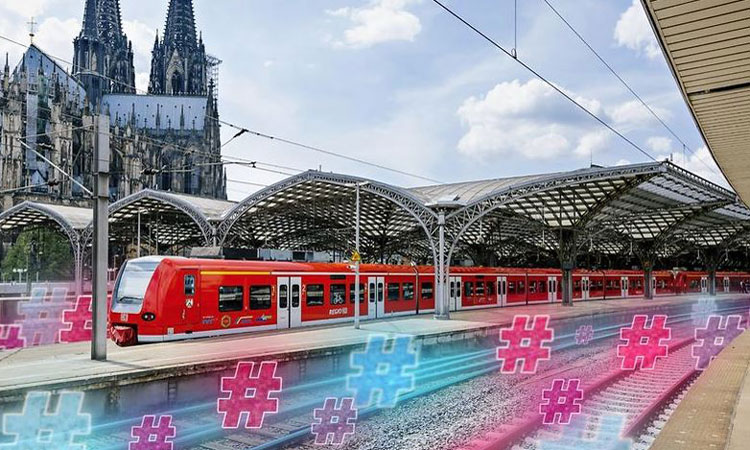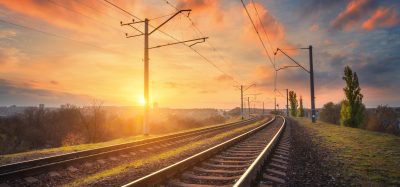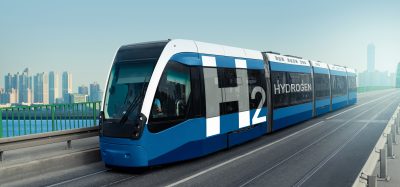DB plans to digitalise one of the busiest railway hubs in Germany
Posted: 12 July 2021 | Global Railway Review | No comments yet
The Cologne railway hub will be equipped with state-of-the-art control and safety technology which will lead to improved punctuality on the S-Bahn network.


Credit: Deutsche Bahn (DB)
Deutsche Bahn (DB) is planning to digitalise the Cologne railway hub – one of the largest and busiest railway hubs in Germany.
Digital control and safety technology will be deployed to ensure significantly more efficient operations in the Cologne railway node, making S-Bahn trains more reliable and punctual. DB is now starting a feasibility study for the project, which the federal government is financing with €800,000. The initiators of the project continue to include the state of North Rhine-Westphalia and the Zweckverband Nahverkehr Rheinland (NVR).
Ronald Pofalla, DB Infrastructure Board Member, said: “Digital Rail Germany continues to make progress. With the feasibility study, we are opening the first chapter today. The Cologne railway hub, with its more than half a million commuters every day, is to be equipped with state-of-the-art control and safety technology. We are increasing the number of trains and making them more punctual.”
Enak Ferlemann, Parliamentary State Secretary at the Federal Ministry of Transport and Digital Infrastructure, said: “Rail transport in Germany should be significantly strengthened and more reliable for climate protection reasons, among others. Digital Rail Germany is making a decisive contribution to this and making the railways fit for the future. Cologne is one of the most heavily polluted nodes in the network. With its digitalisation, it can become more powerful and less susceptible to disruption. The feasibility study is intended to determine the exact digitalisation options. Together with DB AG, the state of North Rhine-Westphalia and NVR, we are taking the first step into the digital future of the Cologne node.”
Hendrik Wüst, Transport Minister of North Rhine-Westphalia, said: “We have accepted the responsibility of bequeathing a climate-neutral country to the next generation, which as an industrialised country also guarantees prosperity and social security and in which mobility does not become a new social issue. Mobility must become better, safer and cleaner, and it must continue to be affordable for everyone in the future. In order for us to achieve our mobility goals, Germany must once again become a railway country. To this end, we are also taking advantage of the opportunities offered by digitalisation at the Cologne node. In this way, we create more capacity, more reliability, higher efficiency and more climate protection. Together with the new Westspange, the federal government, DB and the state are thus ensuring better, safe and clean mobility.
Dr. Norbert Reinkober, Managing Director of the Zweckverband Nahverkehr Rheinland (NVR), said: “Every building block on the way to a high-performance Cologne node is important. We are therefore very pleased that digitalisation will enable us to take a further step towards efficient and upgraded nodes and thus offer our passengers additional capacities. Now I hope for a quick implementation of the urgently needed infrastructure measures.”
The feasibility study deals with the main line of the S-Bahn network as well as important feeder lines in the greater Cologne area. The aim is to equip all routes there with the European Train Control System (ETCS) in the future; the control is to be carried out exclusively via digital interlockings. In addition, the study considers the necessary vehicle equipment to enable highly automated driving. The study is expected to be completed by the end of 2022. A milestone plan for the conversion of infrastructure and vehicles to digital technologies is expected.
Related organisations
Deutsche Bahn AG (DB AG), Nahverkehr Rheinland (NVR), North-Rhine Westphalia (NRW)
Related regions
Related people
Enak Ferlemann, Hendrik Wüst, Norbert Reinkober, Ronald Pofalla








